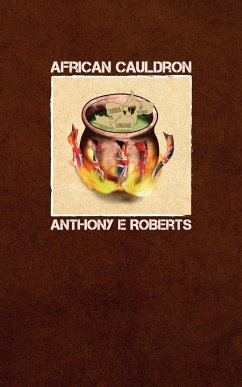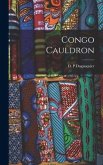This fascinating analysis of post-colonial Africa takes the lid off the steaming cauldron of African politics, examining its links to British-based socialist and Marxist ideologies, and the tribalism and 'talking-shop' governance that characterise many African states today. The book also redresses the balance, unwrapping raw history from the politically correct clothing it has recently been given. While Britain, the USA and the former USSR all come under the cosh, the author singles out British exploitation and clumsy power handovers in Rhodesia as particularly catastrophic. The LSE also gets a special mention as a seedbed of leftist ideas that have effectively stymied political and commercial progress in this part of Africa. But what of the future? Here Anthony E Roberts explores long- established notions, such as qualified franchise, and looks back to the Central African Federation - with links to Mozambique and the South - as the basis for an African Renaissance and a way out of the mire of 'egalitarian' mediocrity and mendicant states. Anthony E Roberts was born near Cape Town in 1937. He was educated at Hilton College and the University of Natal where he obtained his doctorate. He has worked in numerous Southern African countries in multiple disciplines from geologist to ventilation engineer, and also owned a small gold mine. He eventually retired as Chairman of the Institute of Mining Research at the University of Zimbabwe.
Hinweis: Dieser Artikel kann nur an eine deutsche Lieferadresse ausgeliefert werden.
Hinweis: Dieser Artikel kann nur an eine deutsche Lieferadresse ausgeliefert werden.








